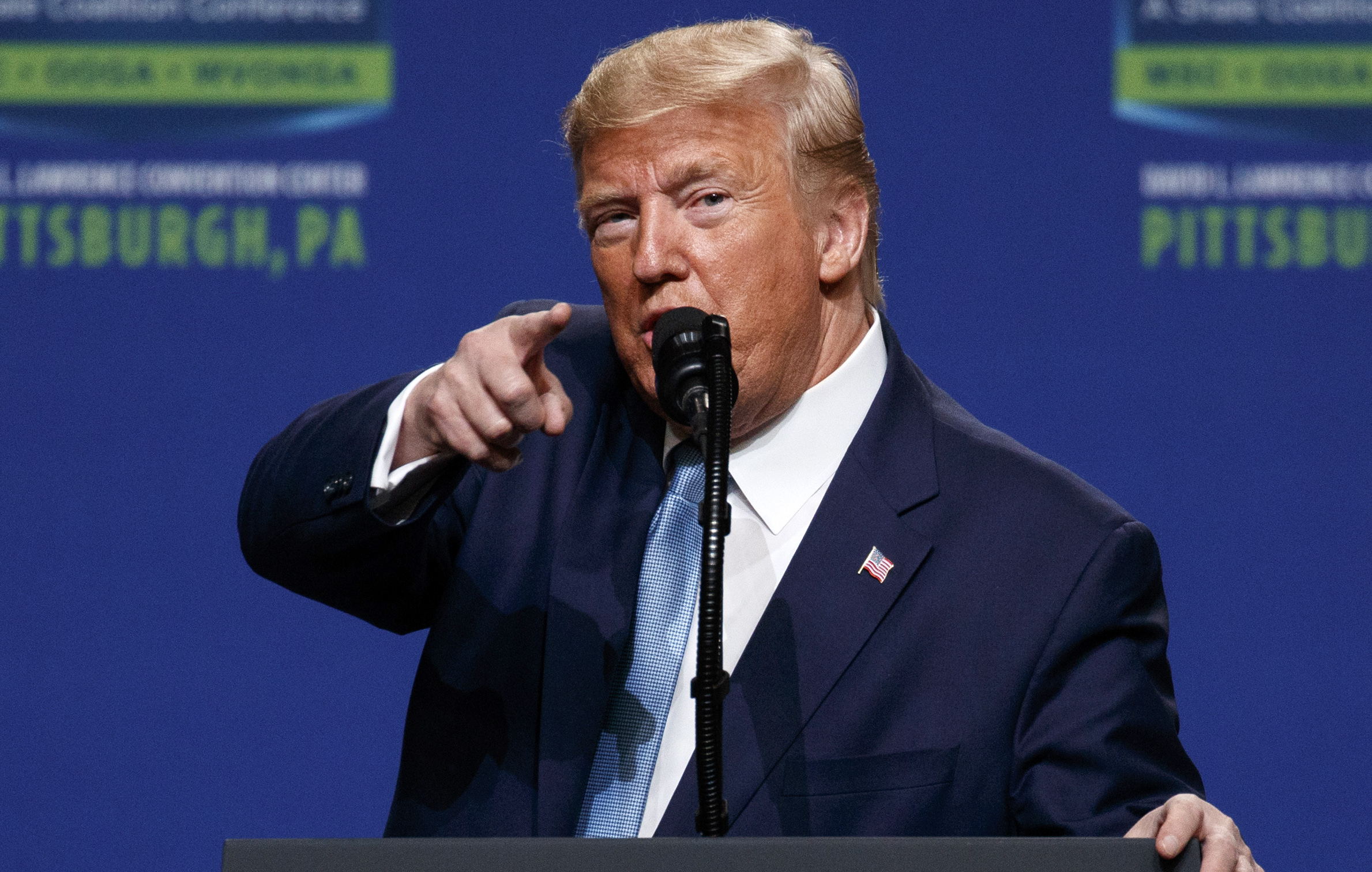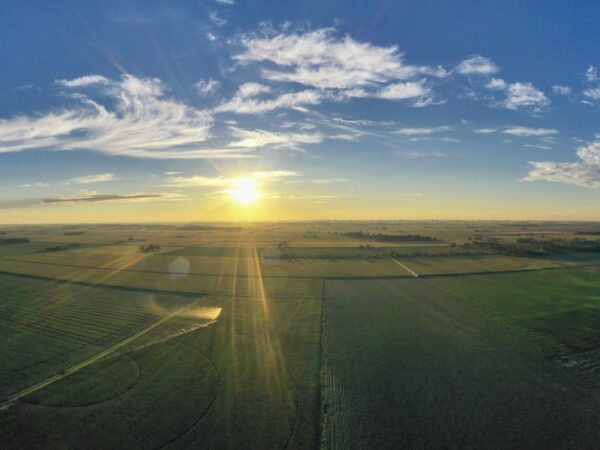
By Seth Borenstein, AP Science Writer
WASHINGTON (AP) — Reality got blurred last week in a haze of claims as President Donald Trump attacked Barack Obama’s climate policies. Here’s a look at some of the president’s statements on the subject, delivered Oct. 23 in Pennsylvania when he addressed an energy-industry event focused on fracking.
TRUMP: “I withdrew the United States from the terrible, one-sided Paris Climate Accord. It was a total disaster for our country. … So, we did away with that one.”
THE FACTS: The U.S. has not withdrawn from the accord, and it will not be out before the next election, at the earliest.
According to the terms of the agreement, the first day Trump can begin the formal process of withdrawing from the 2015 landmark deal is Nov. 4, when the U.S. can submit a letter of notice to the United Nations. Withdrawing takes a year, meaning the U.S. could officially leave the day after the Nov. 3, 2020, presidential election.
Under the agreement, every country created and chose its own goals to reduce carbon pollution.
Trump has previously said he would seek to renegotiate the deal, but the United Nations says the accord, signed by 195 countries, “cannot be renegotiated based on the request of a single party.”
___
TRUMP: “We canceled the last administration’s so-called clean power plan. Sounds nice, but it wasn’t so nice. It was a disaster, which would have cost Americans nearly $40 billion a year and caused electricity prices to soar to double digits, while cutting coal production by almost 250 million tons.”
THE FACTS: He’s exaggerating the cost savings from ditching the Obama-era power plan.
Trump’s own Environmental Protection Agency in 2017 estimated cost-savings starting as low as $2.6 billion a year and increasing to as much as $33 billion a year by 2030. That’s well short of $40 billion a year.
And it’s only half the ledger. The $33 billion does not include an estimate of how much the benefits of Obama’s plan would be worth.
The nonpartisan Congressional Research Service in 2018 calculated that repeated analyses by the EPA showed that the benefits of the clean power plan usually outweighed the costs, at times by a lot. For instance, fewer illnesses and deaths turned into dollar amounts based on a formula on the value of each life.
The research service noted that the EPA’s 2017 report essentially said the decision to shelve Obama’s rules could end up saving taxpayers as much as $14 billion a year — far from Trump’s claim of $40 billion — or costing them as much as $28 billion a year. Neither extreme in that analysis supports Trump’s statement.
___
TRUMP: “Our air right now and our water right now is as clean as it’s been in decades. … I’m proud that, today, the United States has among the very cleanest air and drinking water on Earth, anywhere on Earth.”
THE FACTS: Trump is incorrect. Air quality has not improved under the Trump administration. And it’s a stretch to say the U.S. is among the countries with the cleanest air. Dozens of nations have less smoggy air.
As to water quality, one measure, Yale University’s global Environmental Performance Index, finds the U.S. tied with nine other countries as having the cleanest drinking water.
But after decades of improvement, progress in air quality has stalled. Over the last two years, the U.S. had more polluted air days than just a few years earlier, according to federal data.
There were 15% more days with unhealthy air in America both last year and the year before than there were on average from 2013 through 2016, the four years when the U.S had its fewest number of those days since at least 1980, according to an AP analysis of EPA data.
A new study this month by researchers at Carnegie Mellon University found that deadly air particle pollution increased 5.5% in the United States between 2016 and 2018 after declining by 24.2% from 2009 to 2016.
“The increase was associated with 9,700 premature deaths in 2018,” the study by Karen Clay and Nicholas Muller said. “At conventional valuations, these deaths represent damages of $89 billion.”
The Obama administration set records for the fewest air-polluted days.
A report from the nonprofit Health Effects Institute ranked the United States 37th dirtiest out of 195 countries for ozone, also known as smog, worse than the global average for population-weighted pollution. The U.S. ranks eighth-cleanest in the deadlier category of fine particles in the air.
On environmental quality overall, the Yale index put the U.S. 27th, behind a variety of European countries, Canada, Japan, Australia and more. Switzerland was No. 1.
___
Associated Press Writer Hope Yen contributed to this report.
___
Find AP Fact Checks at http://apne.ws/2kbx8bd
Follow @APFactCheck on Twitter: https://twitter.com/APFactCheck
Featured image: President Donald Trump speaks at the 9th annual Shale Insight Conference at the David L. Lawrence Convention Center, Wednesday, Oct. 23, 2019, in Pittsburgh. (AP Photo/Evan Vucci)




